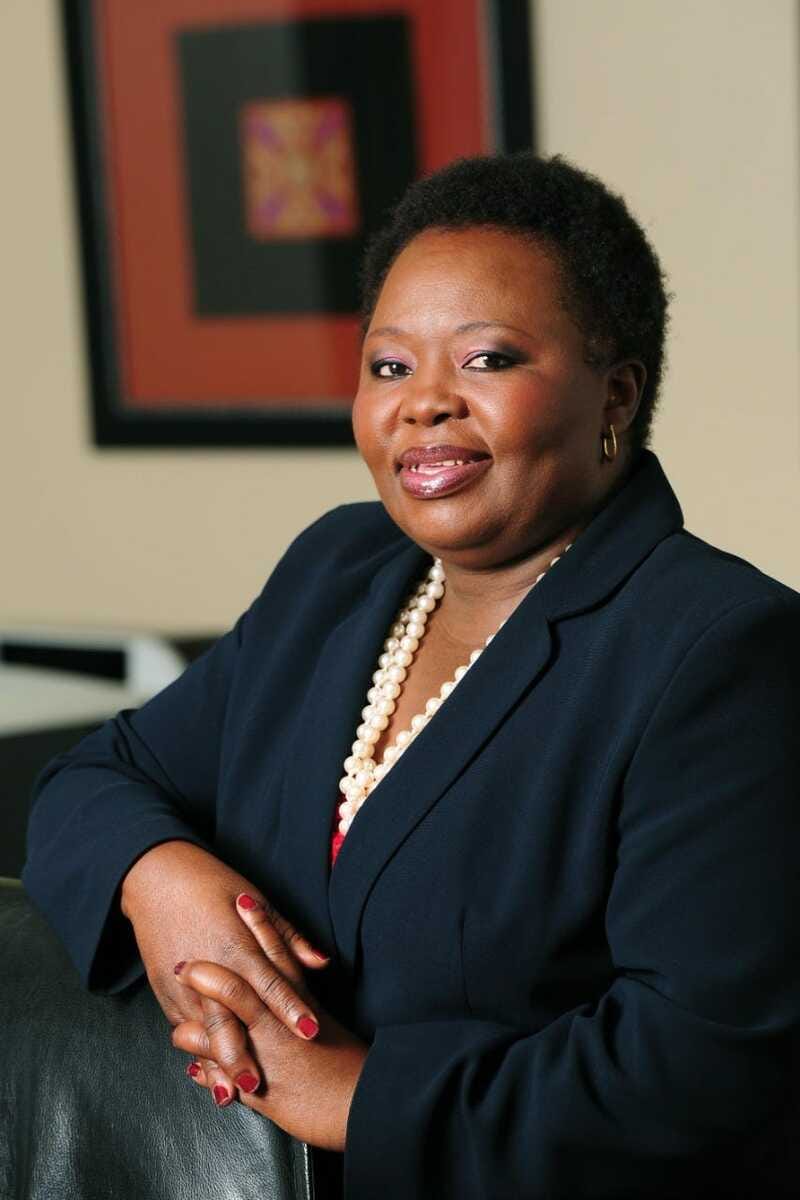
For over a year now the world has found itself battling an invisible enemy that never sleeps, never gets tired and never stops changing and replicating.
However, the virus we know as COVID-19 has undergone numerous genetic changes since it was first discovered in Wuhan in China.
Today, a number of new variants such as the one in South Africa, the United Kingdom and in Brazil are spreading throughout the world. It is through the work of the Network for Genomic Surveillance in South Africa that the variant called 501Y.V2 was detected.
South Africa’s response against COVID-19 has always been scientifically based, led by our world-renowned scientists.
Through constant surveillance, our scientists remain at the forefront of tracking the virus and using science to understand how to fight it.
The fight against COVID-19 is dynamic and ever changing as each new variant has the potential to be more infectious, or possibly more deadly.
With mass vaccination now happening globally, it is clear that South Africa is in a race against time to ensure that it vaccinates faster than new variants evolve.
Preventing the spread of the virus is key; as long as the virus continues to spread, more people will be infected and this increases the likelihood of even more dangerous mutations.
This fascinating topic was the centre of discussion during the recently held: “Africa’s webinar on COVID-19, the emergence of new coronavirus variants and their impact on economic recovery”.
From the start of the pandemic in South Africa, it was clear that the virus would massively impact on both the health and the economy of our nation.
South Africa’s prudent interventions and lockdown measures have helped to stem the tide of the virus.
However, the present lull in infections is likely to increase again during our winter and the emergence of an anticipated third wave.
Our economic interventions have sought to buffer and sustain our economy and livelihoods during this unprecedented crisis in our nation’s history.
To soften the blow on the economy and South Africans, government implemented a historic R500 billion social and economic stimulus package, equal to 10 per cent of the country’s gross domestic product, to help steer us through the tough times.
While most sectors have been affected by the virus, the tourism and hospitality sector has in many instances felt the full brunt.
Speaking during the webinar, the Minister of Tourism, Mmamoloko Kubayi-Ngubane, stressed that the tourism sector will, for some time, have to operate alongside the virus.
She spoke of the reality of stop/start cycles as restrictions are increased or eased in line with the risk adjusted approach that responds to the evolution of the virus.
Minister Kubayi-Ngubane also highlighted that the current situation would continue to affect traveller confidence and place jobs at risk.
Given these realities across many sectors of the economy, government, along with social partners at the National Economic Development and Labour Council have developed the Economic Reconstruction and Recovery Plan.
The plan sets out a bold vision and immediate actions to build a new economy.
It redoubles our efforts on critical areas such as a securing our nation’s energy supply, growing the small and medium enterprise sector and building an agricultural sector that delivers food security.
While this partnership and solid interventions will place us on the road to recovery there remains uncertainty about the trajectory of the virus.
The uncertainty about what happens next is a reality all over the world and our recovery hinges on up-to-date data on mutations or new variants and the availability of safe and effective vaccines.
Amongst those, leading the way in identifying new variants is Dr Mmboneni Muofhe from the Department of Science and Innovation. Speaking during Africa's Webinar on Leading Communications during Epidemics in Africa hosted by government, Dr Muofhe emphasised the importance of genomic surveillance, and pointed out that without it responses to COVID-19 or any pandemic are synonymous to flying blind.
Dr Muofhe made it clear that surveillance is key in any vaccination strategy as it enables the tracking of transmission dynamics locally, provincially nationally and internationally.
He also stressed that genomic surveillance is a critical component of the epidemic response as it ensures early detection, characterisation and tracking of any new variant.
Before signing off, Dr Muofhe warned that the road ahead would not be smooth and that there would potentially continue to be new variants as long as infections kept rising.
All the speakers during this webinar highlighted that the simple things we have done to keep ourselves and others safe must continue.
The most effective defences are also the simplest, wear a mask, maintain social distancing and wash your hands with soap and water or sanitise.
They also spoke of the renewed hope for a return to normality with the rollout of life saving vaccines.
However, they also cautioned of the potential threat of a third wave, and that we would have to remain vigilant.
Our nation and our people have been instrumental in driving back the virus and lowering new infections.
Vaccines offer hope for a new dawn but it remains clear that our actions, both individually and collectively will determine our fate.